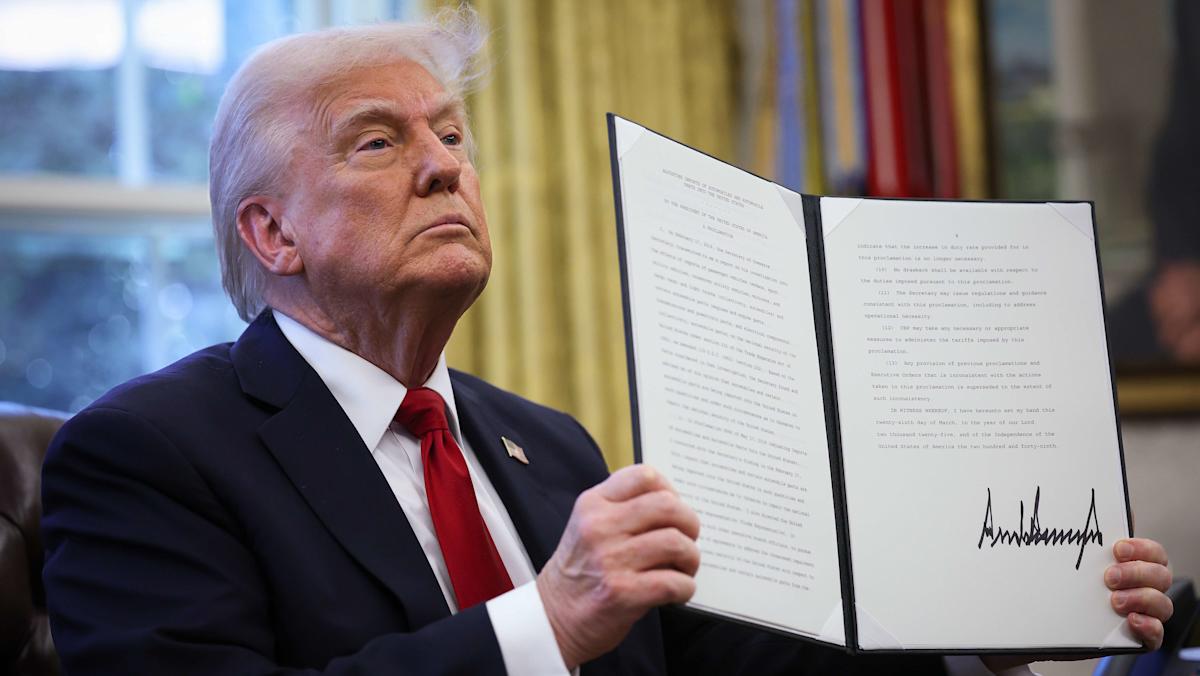Campaign Cash Clash: County Leaders Shut Down Fundraising Boost

In a decisive move on Tuesday, the Alameda County Board of Supervisors rejected a controversial proposal that would have significantly raised campaign contribution limits. The board's decision comes after careful deliberation, ultimately maintaining the current campaign finance regulations.
The proposed increase in contribution limits sparked heated debate among local political stakeholders, with proponents arguing for more financial flexibility in campaign fundraising, while opponents emphasized the importance of preserving existing campaign finance restrictions.
By declining the proposal, the Board of Supervisors has signaled its commitment to the current campaign finance framework, potentially protecting the electoral process from potential undue financial influence. The decision reflects the board's cautious approach to campaign finance reform and its dedication to maintaining transparency in local political funding.








